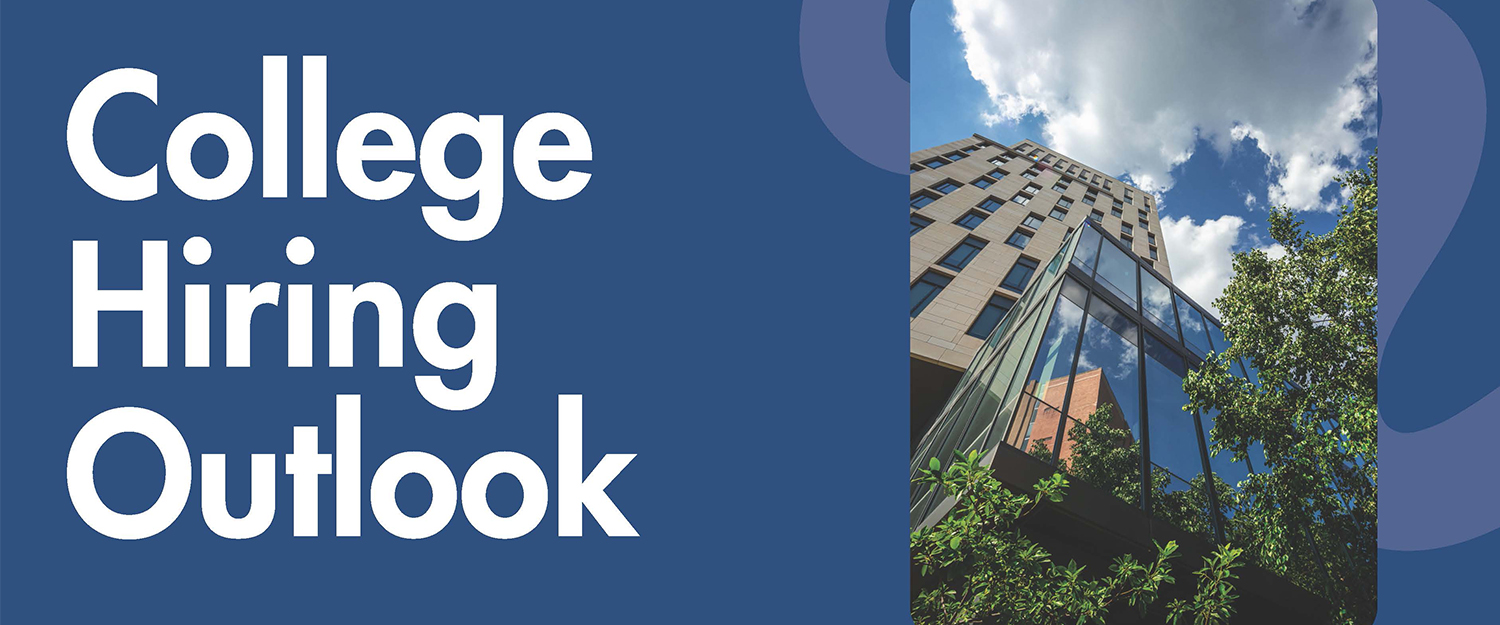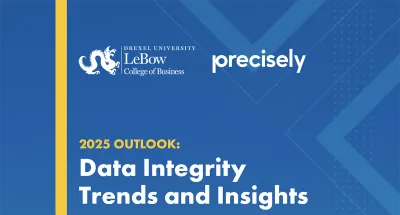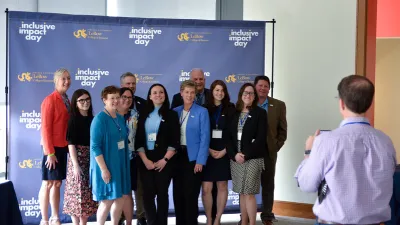
Employers Seek Ethical, Adaptable Graduates in 2025 Job Market
Ethical judgement, adaptability and critical thinking are among the skills that employers value the most in job candidates, according to Drexel University’s 2025 Annual College Hiring Outlook Report. The 54th annual job market analysis, published by Drexel’s LeBow College of Business, sheds light on the trends and challenges shaping this year’s hiring projections.
The report’s findings emphasize the importance of fostering a learning environment where students build not only technical skills but also integrity and resilience, enabling them to make meaningful contributions to society.
“As we observe adjustments in starting salaries and hiring incentives, we are reminded of the need to continuously adapt, ensuring students, including here at Drexel, are well-prepared to thrive in a competitive landscape,” said Murugan Anandarajan, PhD, senior associate dean for Academic Programs and Faculty Affairs, a professor in LeBow College and lead author of the report.
Over 1,300 organizations – ranging from small businesses to large enterprises in technology, finance, health care, education and manufacturing – across the U.S. responded to a survey about college student recruitment and hiring practices.
The report shows that demand remains steady for bachelor’s degree holders, particularly in fields such as technology, finance and health care, but employers are also refining their hiring practices for advanced degrees as they navigate economic realities and sector-specific needs. Findings also validated the importance of hiring candidates with digital literacy skills, who are capable of navigating complex environments.
Employer optimism has declined sharply, reaching its lowest level since 2014, with only 21% of organizations rating the job market as “excellent” or “very good.” Researchers noted this drop reflects heightened economic uncertainty and cautious hiring approaches, especially among organizations in industries sensitive to economic fluctuations – such as retail, manufacturing and construction. Signing bonuses and relocation support have also seen reductions, with fewer organizations offering these incentives compared to prior years. Salary growth is also more conservative, with over half of the employers maintaining last year’s salary levels, reflecting budget constraints.
However, a significant majority (88.5%) of large organizations surveyed reported providing structured upskilling and reskilling programs, indicating an expectation for continuous learning. Mid-sized and smaller firms also reported supporting skill development, though resource constraints often limit the scope and depth of these programs.
The report notes that AI integration in recruitment continues to grow, especially in large firms where AI is used for interview scheduling and resume screening. Smaller organizations are slower to adopt these technologies due to resource limitations. Virtual recruitment strategies are more common in larger firms, while mid-sized and smaller organizations rely on traditional methods. However, the authors caution candidates from using similar artificial intelligence tools for job preparation.
Lastly, employers responded that talent sourced from underrepresented groups has decreased from 54% in the previous year to 44% in 2025. The authors attribute this shift in part to reduced investment in Diversity, Equity, and Inclusion (DEI) initiatives by some organizations, particularly those with cautious hiring practices.
The authors of the report recommend that colleges should emphasize the development of core skills, like adaptability, ethical judgement and professionalism, while encouraging students to pursue internships and co-op programs that align with high demand skills and supporting those students in proficiency in virtual communication to effectively navigate hybrid and remote job environments.
“Students should focus on developing technical skills and self-management abilities, while actively engaging in upskilling opportunities, such as online certifications and networking, to stand out in a competitive market,” said Anandarajan. “Employers should consider investing in structured training programs to foster a resilient workforce; leverage artificial intelligence in recruitment processes while providing clear guidance on acceptable AI tool usage for candidates; and balance in-person and virtual recruitment strategies to access a broader talent pool, while considering offering hybrid work arrangements to attract top graduates.”
The report looks at college talent hiring by region and academic discipline, lists starting salary expectations and internships/co-ops/early talent programs. The final section provides employer feedback about college recruiting strategies and recruiting platforms.



